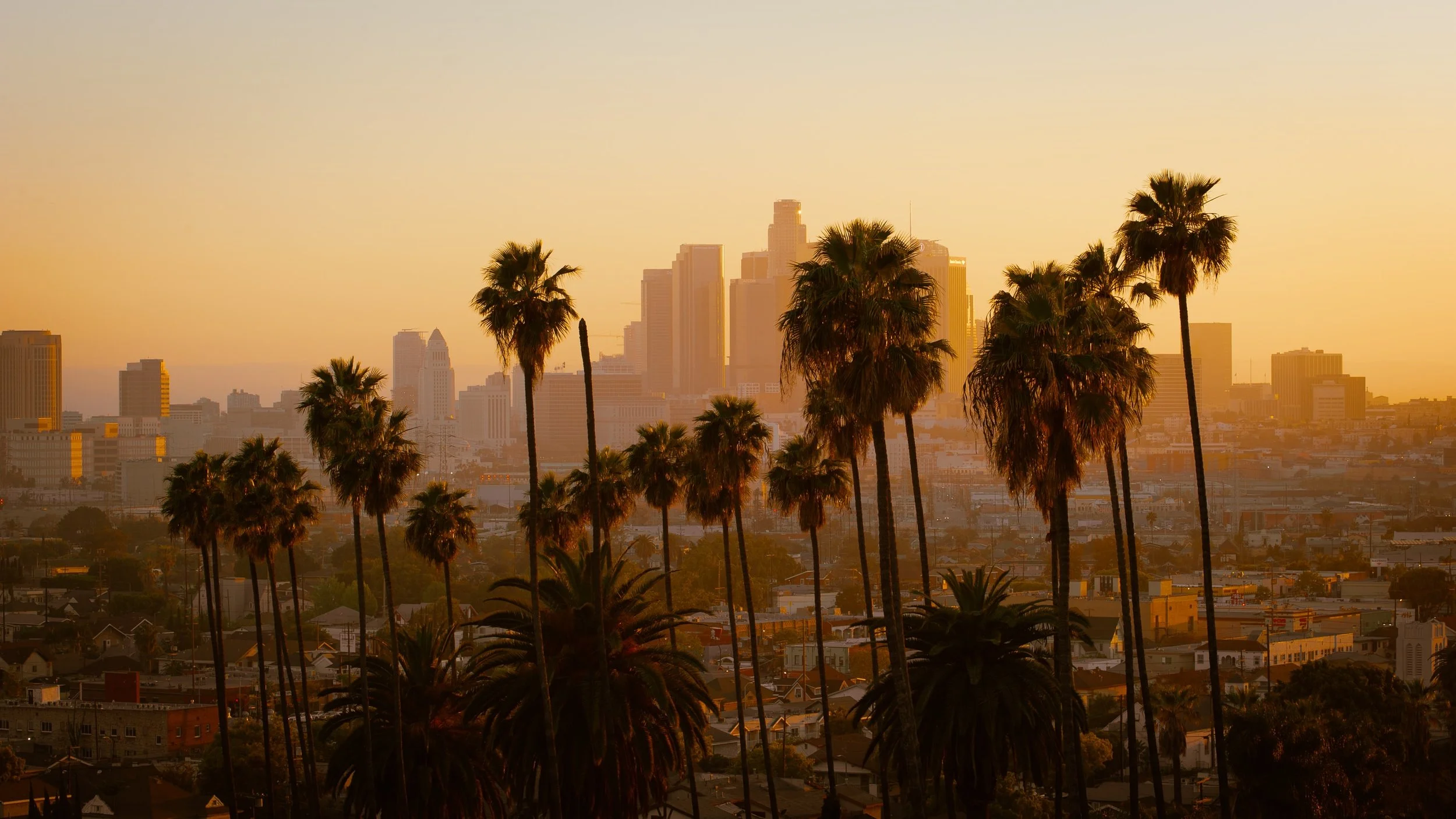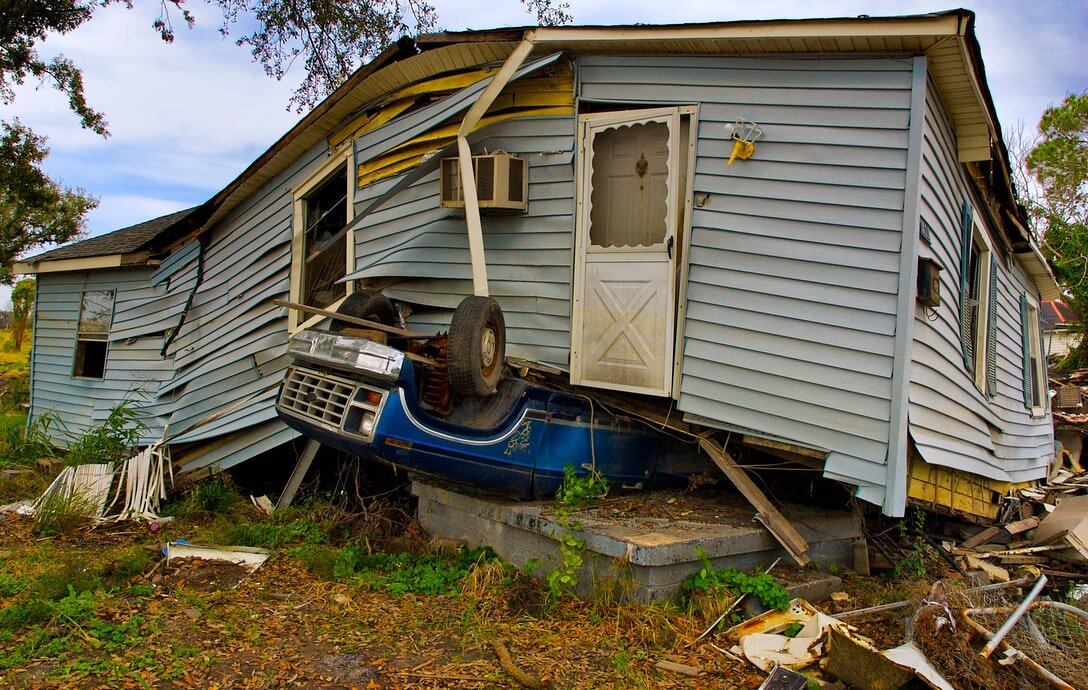
Living Library of Knowledges
About This Page
-
Our Living Encyclopedia is part of our work in creating Living Knowledges. Here you will find community led and scientifically rooted reportings that are in constant progression as injustice is an evolving phenomena.
Living Knowledges is a realm where knowledge finds a sanctuary to flourish, evolve, and expand beyond the confines of conventional repositories. It is a dynamic space dedicated to storing and nurturing knowledge in a manner that allows it to adapt, transform, and grow with the passage of time.
This is a digital ecosystem designed to accommodate the vast array of information amassed by humanity. It goes beyond the static nature of traditional libraries and archives, embracing the concept of living ideas that continuously evolve. Thus, knowledge is envisioned as a living entity that undergoes perpetual enhancement and refinement. Every piece of information is treated as a seed, capable of germinating, branching out, and cross-pollinating with other ideas.
-
This Library houses all the work produced therefore you can use the filter to search for topics and formats that suit your query.
You can access a range of works, such as definitions which give a ~200 word summary of a key topic, as well as long form reports.
Some of the works listed here also feature in the Programmes so you can see related works as you go.
The Living Indigenous Encyclopaedias for Health Justice
We are very proud and excited to launch this living wisdoms ecosystem. We are coining this term as Knowledges are alive, they evolve through interaction with culture, events, and time. This term also highlights that Indigenous Knowledges are still relevant and will always keep evolving to support our survival and healing.
Principles for Engaging with Traditional Ecological Knowledges in Urban Systems
These are working principles set forth by a group of Indigenous Peoples and Land-Kinned Peoples (IP & L-KP) who gathered in the UK. We see this both as a starting point and an evolving process. These principles are the first iteration, as they interact with more Peoples they will change and evolve.
Envisioning a Healthier Urban Way of Living: Indigenous Sovereignty in Los Angeles and Beyond
While many would argue that there is not one Los Angeles but multiple LAs, what is less known is that there are multiple Indigenous LAs whose histories are layered into the fabric of the city.
Pathways to Poor Health (health injustice) for Indigenous Peoples
There are disproportionately high rates of psychological and psychological distress and health disparities among Indigenous Peoples. That is, regardless of their geographical location or sociopolitical situation, health indicators are always poorer for Indigenous Peoples than for non Indigenous ones.
Non-Western Approaches to Healing
These two essays reflect on non-western healing epistemologies, both as an opportunity for healing and as a response to the harms of the western medical industrial complex.
Reframing Trauma
Trauma also creates systemic biological and cellular changes. For example, it can change our gut bacteria environment, which has implications for obesity. In cases of acute trauma, some can experience PTSD, which creates neurobiological abnormalities which alters the function of various biological systems, this too has implications for obesity.
Reframing Diabetes
Type 2 diabetes is a metabolic disorder, which prevents the body’s ability to regulate glucose, it can turn into a lifelong condition, when it is not caught early or left untreated.
Reframing Depression
It is crucial that we understand that depression is more than just a mood disorder; it has a complex symptomatology that includes a range of mental and physical symptoms, and every individual experiences a different combination and severity of these symptoms.
Planetary Dysregulation
“Planetary dysregulation is the impaired ability of planetary systems to maintain the processes required for self-regulation, particularly due to unsustainable exploitation of ecosystems and chronic exposure to industrial contamination”.
Biological Inequity
Biological inequity, also known as biological inequality, refers to “systematic, unfair, and avoidable stress-related biological differences which increase risk of disease, observed between social groups of a population”.
Reframing Obesity
Obesity is a dysregulated production of adipose tissue commonly known as fat throughout the body. It is considered a complex and chronic disease, which means there are multiple factors that contribute to its aestology.
Ecological Health
The ecological framing of health provides an opportunity for a health justice argument. As our health is so intrinsically tied to the places we live, then it should be a human right to live without contamination and pollution.
Urban Sacrifice Zones & the Right to Pollute
The purpose of this data led study is to bring attention to everyday people those who have the right to pollute in their neighbourhoods, so that people can make more informed decisions when it comes to voting and priorities for our shared health and climate change action points.
Indigenous Peoples
Indigenous Peoples are from all over the world and cover various and distinct cultures, languages, practices and knowledges. It is not a race nor is it a monolith.
Planetary Dysregulation, Capitalism, and Healthcare
The intention of this audio project is to discuss the links between systems and imaginations rooted in supremacy, the dysregulation of planetary systems, and the poor health outcomes being experienced by peoples who are racialised and minoritised.
The Mental Distress of Environmental Injustice
There is now a very clear understanding that environmental hazards, such as air pollution have a direct effect on our health. However, what is often missing from the conversation is how environmental hazards, due to being an experience of stress and trauma can lead to mental distress. In addition to the disproportionate exposure to health hazards, being aware of the injustice underlying this disproportionate exposure may be a psychosocial stressor that affects health negatively.
Multi-Ethnic Working Class
The multi-ethnic working class is a socially constructed umbrella term to describe those who have been marginalised and artificially classified due to their type of work and income.
An Introduction to Trans Health
Trans Peoples have opened up our minds to another way of imagining our personhood, to have mental and spiritual autonomy over our beingness. Imagination and autonomy are significant and essential elements in our liberation which is rooted in our healing. This report is an introductory look at the different pathways of stress and trauma impacted Trans communities.
From Care to Healing
This report explores how healthcare, like many other systems, is under the hegemony of western society; how the body is conceptualised to how the body is restored are influenced by western norms. It explores how when we are in community, we are able to share resources, tend to each other, nourish each other - this is healing
Gender, Care, & Equity
This report explores how sex and gender are one way of conceptualising a complex ecosystem made up of multiple cells and microbes which digests, reproduces, thinks, and loves, rather than a universal truth.




















